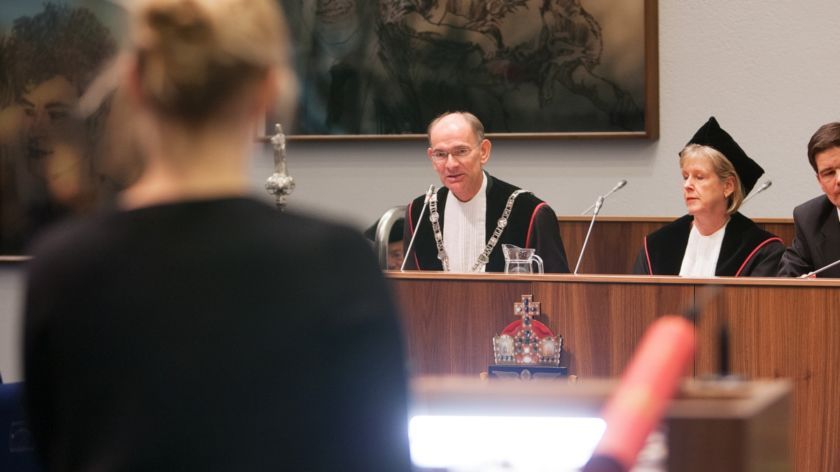-
 Afbeelding ter illustratie. Foto: Dick van Aalst
Afbeelding ter illustratie. Foto: Dick van Aalst
OPINION – Johan Kwisthout, professor of Artificial Intelligence, wonders why PhD candidates are only ever recruited for fulltime employment. ‘Choosing a healthy work-life balance should be normalised. That includes PhD candidates at Radboud University.’
Everyone has the right to work part-time if the nature of their job allows it. That includes PhD candidates: after six months on the job, the employer needs very compelling reasons for refusing a request to work part-time.
Despite this, full-time PhD tracks (38 hours per week over a four-year period) are still the norm; for example, PhD promotion rates are not weighted by the number of hours. PhD candidates are usually only recruited for full-time positions. A five-year track for four days per week will cost an institution roughly 10.000 euros more, which is why it’s not an easily accepted alternative. This makes it harder for candidates with care responsibilities –often female candidates– or perfectly qualified candidates with disabilities to successfully apply for such a track.
More and more often, PhD candidates have to deal with psychological issues, as well as work- and performance pressure; one in three candidates and postdocs are even dealing with mental health issues. That is exactly why it should be normal to choose a healthy work-life balance. Because you want to take care of your children, your parents, or your partner; because working five days a week is too taxing; or simple because there is more to life than working, even for would-be academics.
Important signal
If Radboud University is serious about inclusivity and a healthier work-life balance, it is important that part-time PhD tracks become a normal option in terms of employment, just like flexible hours or the buying and selling of vacation time.
‘In doing so, you show that it is possible to follow a PhD track, even if you can’t or won’t work fulltime’
By emphasising part-time as an option for every PhD listing, the university will help broaden the range of qualified candidates. British research showed that offering more flexibility also boosted the number of applicants. In doing so, you show that it is possible to follow a PhD track, even if you can’t or won’t work full-time. That is an important signal for employers to broadcast.’
There can of course be valid reasons that make a five-year track impossible; for instance, limitations of the subsidy provider. The EU Marie Sklodowska-Curie Actions doctoral networks have a maximum duration of four years, for example. But whenever this is not the case, the five-year track should be a standard option.
Obviously, this may require more conservative budgeting and more flexible planning of research applications. But if it can help to make academic promotion available to a larger group, as well as help candidates to finish their PhD tracks in a healthy, enjoyable manner, it is a small price to pay.
Translated by Jasper Pesch




